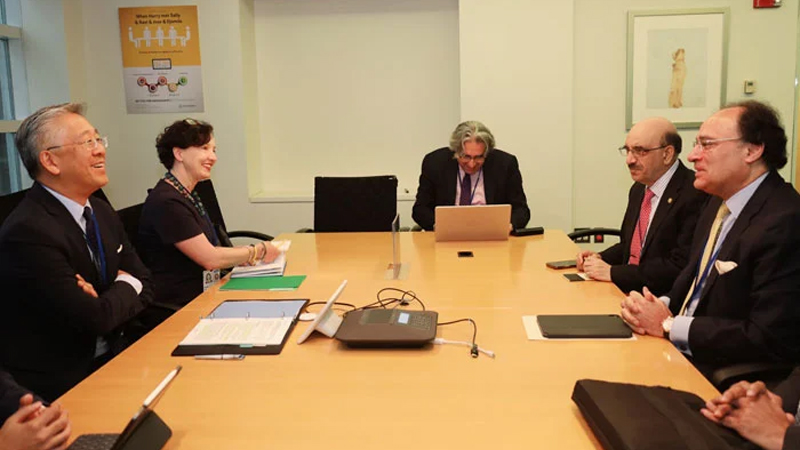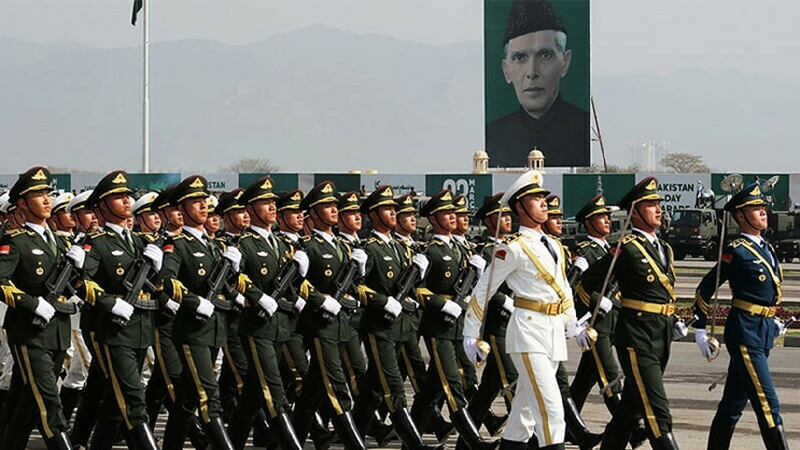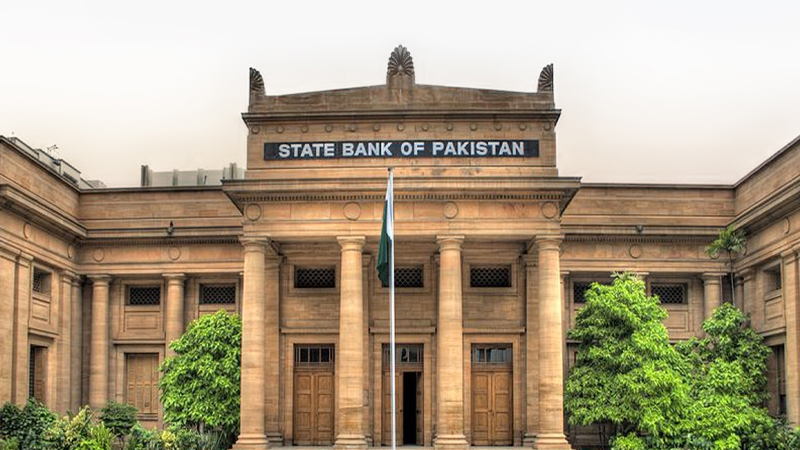Pakistan’s Finance Minister Muhammad Aurangzeb engaged in productive discussions with United States State Department Assistant Secretary Donald Lu on Wednesday, April 17th, at the World Bank headquarters in Washington. The high-level meeting delved into Pakistan’s reform agenda, with a focus on economic revitalization and investment opportunities.
During the meeting, both dignitaries explored avenues for broadening Pakistan’s tax base, streamlining the energy sector, and advancing privatization initiatives. Ambassador Lu, accompanied by State Department’s Principal Deputy Assistant Secretary Elizabeth Horst, reaffirmed the United States’ commitment to strengthening bilateral ties with Pakistan.
Aurangzeb, who is currently in Washington for negotiations with the International Monetary Fund (IMF) for a new bailout package, emphasized the importance of economic partnerships between Pakistan and the United States. Discussions between Aurangzeb and U.S. officials centered on areas such as alternate energy, agriculture, climate resilience, and the tech industry.
The Finance Minister identified promising investment opportunities for American businesses in Pakistan, particularly in information technology, renewables, agriculture, and minerals extraction. Additionally, he pledged close collaboration with the U.S. International Development Finance Corporation (USIDFC) and Exim Bank to foster mutual development.
In a separate meeting, Scott Nathan, the USIDFC chief, expressed Washington’s interest in further investment in Pakistan, particularly in clean energy, financial inclusion, and flood relief efforts. Nathan underscored the potential for expanding the portfolio between Pakistan and the United States during discussions with Minister Aurangzeb and Pakistan’s Ambassador Masood Khan.
Meanwhile, Aurangzeb held key meetings with heads of various financial institutions and forums, including the World Bank and the Asian Development Bank (ADB). In his meeting with World Bank President Ajay Banga, Aurangzeb highlighted Pakistan’s progress under the ongoing stand-by arrangement (SBA) with the IMF and underscored Islamabad’s commitment to reforms in taxation, energy, and privatization.
Furthermore, Aurangzeb led the Pakistani delegation’s meeting with Asian Development Bank (ADB) President Masatsugu Asakawa to discuss enhancing Islamabad’s partnership with the ADB and ensuring the country’s access to concessional financing and a robust project pipeline.
Overall, the discussions underscored the mutual commitment of Pakistan and the United States to advancing economic reforms, fostering investment opportunities, and strengthening bilateral cooperation for sustainable development.











Leave a Reply